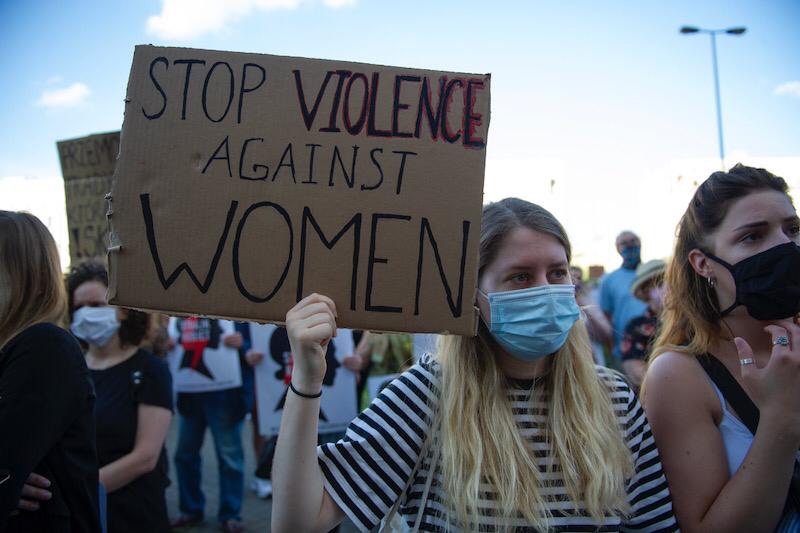
Nearly 25% of applications for background checks accepted last year by the police took longer than a month to reveal information about the criminal histories of suspected abusers.
Under Clare’s Law, implemented in 2014, people have the “right to ask” police about any past domestic violence or offences that mean their partners could be a potential risk to them.
Clare’s Law is named after Clare Wood, who was killed by her ex-boyfriend in 2009. She had not known about his past of violence against women.
According to Home Office guidelines, police aim to complete the inquiries within 35 days.
However, police in England and Wales in 2020 plummeted beneath this target as shown by data disclosed under the Freedom of Information laws where response times in 23% of cases took over 35 days.
Bedfordshire, one of the 14 forces who produced statistics for last year, missed the 35-day deadline for approved Right to Ask appeals 61% of the time.
Leicestershire was close behind with 51% of people having to wait over a month to receive any information on their partner’s possible violent offending history.
In a year where people were confined to their homes with suspected abusers, this information could’ve been crucial for the protection of people from domestic abuse. Prolonged waiting times for information can end in not only escalation of harm but also can make it harder for people to leave a precarious situation safely.
Last year also saw a deluge of applications for information about partners’ suspected violent histories with 8,438 requests in 2020, over double the figure in 2018, which saw 3,479 requests. This data only encompasses 26 forces out of the total 43 in England and Wales so the actual figures are likely to be considerably larger.
Alongside members of the public being able to inquire under the scheme, police can alert potential victims through the “right to know” aspect. However, as most domestic abuse incidents are not reported, people worried about their partner’s behaviour may have a false sense of security if there are no previous convictions to disclose.
These unacceptable delays reflect a wider misogynistic attitude in the UK. The idea of female inferiority is still pervasive in our society, demonstrated by the staggering revelations about sexual harassment and sexual assault experienced by the vast majority of women and girls in Britain today. With women and girls still seen as both mentally and physically inferior to men and boys, it is no wonder that the issues faced by women and girls, especially working-class women and girls, are largely ignored by the police.
Domestic violence and sexual offences are weapons of domination and repression used mostly against women and gender minorities. In many cases, this has been encouraged in police forces, as seen in the Spy Cops inquiry, with undercover police officers engaging in sexual relationships with women activists they were investigating. Such attacks on women are sanctioned by politicians and the media by portraying victims as foolish and silly, which encourages hostility towards victims of domestic violence amongst the general population.
The present domestic abuse epidemic is happening at a time when the ruling class is reaffirming its authority in contempt of global and internal challenges, exacerbated by the pandemic. As the cases of domestic violence has arisen, the condition of women workers has visibly declined. This expansion of violence against women is the callous face of an overall intensification of the sexism which necessarily follows economic assault.
Police forces that neglect women and actively perpetuate abuse against women and gender minorities cannot be reformed. The only answer to end violence against women is socialism.
Georgina Andrews



